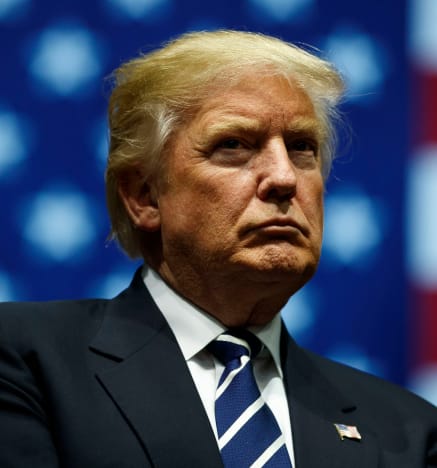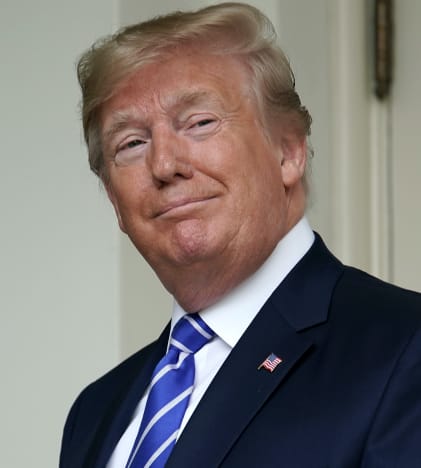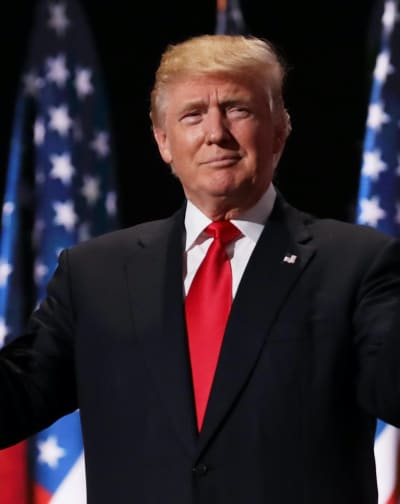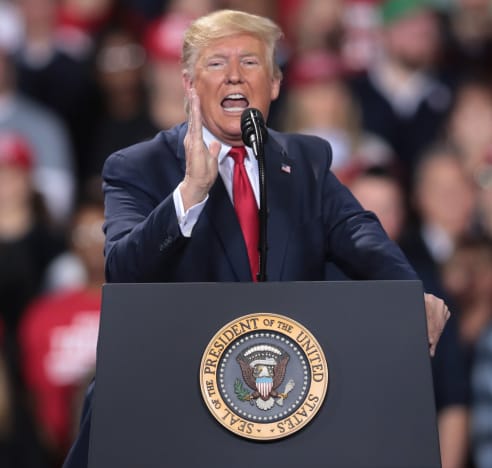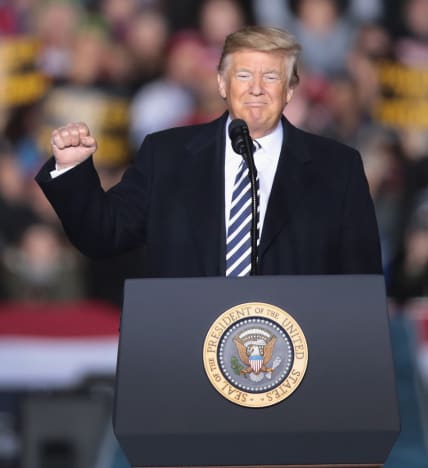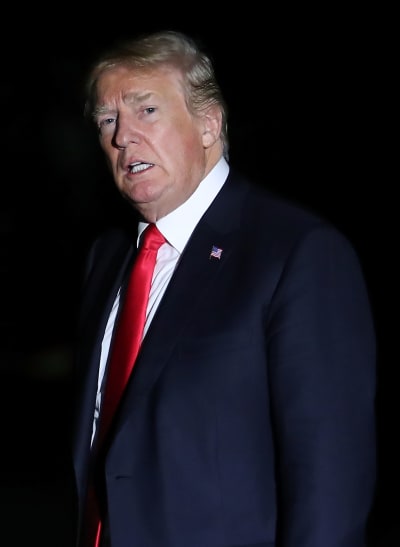Thirty-eight days.
That's how long it's been since Election Day 2020, a time when millions of Americans went to bed without any clear idea of who would be sworn in as president on January 20.
Due to the flux of mail-in ballots, the unprecedented turnout, and the closeness of the contest, the picture developed more gradually than it had in years past.
But eventually a clear winner came into focus.
As much as MAGA Nation and a handful of ultra-fringe, far-right media figures might like to think otherwise, Joe Biden will be sworn in as president on January 20.
Despite that certainty, Donald Trump has yet to concede, and it doesn't appear that he's planning on doing so anytime soon.
So what's the cause of this unprecedented resistance to the peaceful transfer of power?
Well, pundits have suggested that Trump fears going to prison or facing personal debts that allegedly exceed $400 million.
But an equally plausible theory is that the president is being held hostage by his own ego.
It's impossible to imagine that he doesn't recognize the absurdity of his quixotic fight for a second term, and yet, he seems to be unable to call an end to it.
This is a man who's never in his life encountered an obstacle that couldn't be overcome with money.
And now, he's suffered the humiliation of being the first one-term president this country has elected in over thirty years.
And it all happened on the largest stage imaginable.
In a recent interview with NPR, Maggie Haberman -- a New York Times columnist and unofficial expert on the Trump psyche -- expounded upon what she believes is the president's primary reason for refusing to participate in a transition:
"[Trump] can't handle the concept of the label 'loser,' " Haberman said.
"He has never before encountered a problem that he couldn't sue away through the court system or spin away. ... This is just an objective fact that he can't do anything about. It is roiling him."
Haberman also addressed a question that's become common in recent weeks -- why is the president fighting so hard to kee[ a job that he never seemed to want in the first place?
"He doesn't like being told he can't have something. One of the things that I say about how he views advisers and people close to him is that he never wants someone more than when their back is turned to him, because he wants to see if he can win them over," she said.
"And he has trouble being told that the sale is over. You can't do it anymore. And I think that he is constantly fighting for things that he has cost himself. He's very, very self-destructive."
Haberman then summed the situation succintly, saying:
"I think he liked being called president. I think he liked knowing that he ... lives in the White House. I think he likes Air Force One."
As for the widespread fear that Trump will refuse to leave office even after Biden is sworn in, Haberman says it's baseless:
"There has been this ongoing fear that he's going to somehow barricade himself in the White House," she said.
"I've never thought that's reality and I still don't."
Yes, the fact is that on January 20, Joe Biden will become the commander-in-chief of the US military.
And we're guessing much of Donald's signature bluster will evaporate the moment he's confronted with a team of strapping Marines who have come to escort him off the premises.
